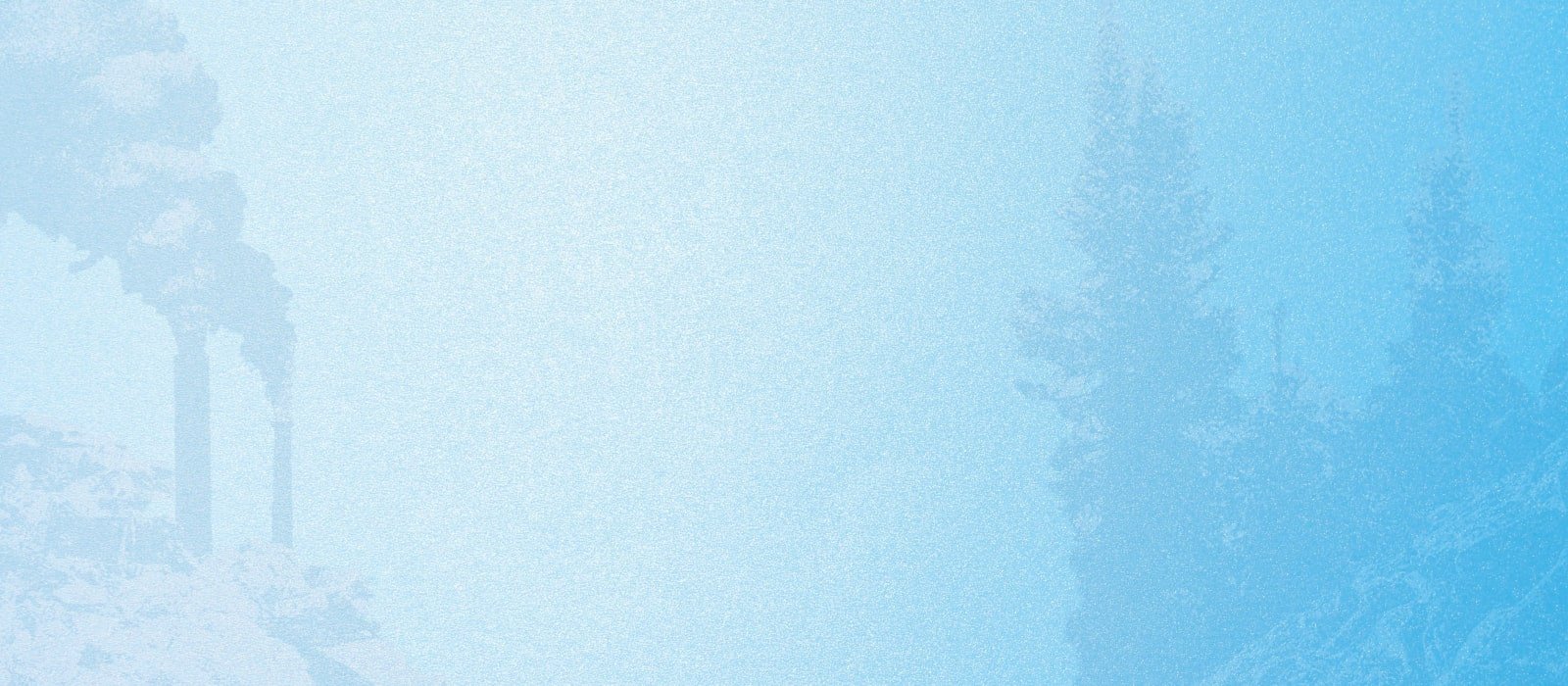You certainly are a well-read bunch! And the most striking thing about your many book recommendations was the breadth and variety of climate novels, short stories, non-fiction and even graphic novels that came pouring in.
It was only eight years ago that Amitav Ghosh laid down his gauntlet, challenging writers to think the “unthinkable,” to “make possible the imagining of possibilities,” and tackle The Great Derangement: Climate Change and the Unthinkable.
Far too few writers were willing to engage with climate change, Ghosh thought. “At exactly the time when it has become clear that global warming is in every sense a collective predicament, humanity finds itself in the thrall of a dominant culture in which the idea of the collective has been exiled from politics, economics and literature alike.”
Even eight years ago, some critics thought Ghosh was undervaluing the scope of climate writing, past and present. Whatever the case, the bookshelves are certainly filling out.
“I have always enjoyed reading novels as a respite from the world but was surprised to discover the glimmers of hope that you can find within them for salving climate angst,” wrote Tanya from the Yukon. “Another benefit is that these stories are a way of talking with others about crisis without making people uncomfortable. You are just talking about a book you are reading and what you find interesting about it.”
There’s something strangely reassuring about the genre, even when it’s grim. Such insightful minds struggling with futures that are already arrived but largely invisible; baked in but beyond polite conversation. Climate change is hard to fathom even for people who take it seriously and the cli-fi authors break through our segmentations of economics, policy, culture, tech, nature and science. Beyond the novel it all becomes fractured and unrelatable, even implausible — until the authors fuse it all together in human lives.
Let’s start with your top tips for climate fiction. We’ll have to leave non-fiction until next week (so keep emailing your recommendations). The most surprising thing was the diversity of recommendations for Cli-fi reading. With one notable, not-so-surprising exception…
Top Voted Cli-fi:
Ministry for the Future, by Kim Stanley Robinson was by far the most commonly suggested novel.
“Hands down, best fiction book on climate I’ve read (and I read a lot of fiction),” says Kari from B.C.
Michael from Alberta doubled down: “I really enjoyed it and read it twice.”
“Readers should be warned that the beginning of the book is horrific but it gets encouraging as you keep reading,” says Cheryl from Ottawa. “I enjoyed reading about the huge popular support for climate measures and the various climate mitigation technologies that were used, including geotechnical engineering. It left me feeling that we might have a chance.”
Even those of you who recommended Ministry were demanding readers. “Dry as a bone… with characters that are more ciphers for the concepts expressed than true personalities,” says Andy. While Walter wrote to say we shouldn’t overlook Kim Stanley Robinson’s other climate-related books, especially New York 2140.
Runners-up, Cli-fi:
The Deluge, by Stephen Markley.
“One title rises above for me: The Deluge… Absolutely harrowing,” writes Dave from Saskatchewan. I loved it too and it had me right from the opening — who doesn’t warm to an icy dive into the too-rarely-worried-about world of methane clathrates?
Stephen King called it “the best novel” he’d read in 2023, after getting an advance copy. It says something about a book when a horror novelist recommends it. And The Deluge has horror aplenty: extreme weather, extreme far-right reactions, crackdowns on protestors. It’s a book that encompasses continents and the complexity of social responses to climate breakdown.
“Best cli-fi out there,” says my wife, Tzeporah Berman. “And captures the climate movement like no other. It’s like he must have been a fly on the wall looking over our shoulders. Spooky.”
The Light Pirate by Lily Brooks-Dalton.
“It is quite intense,” says Michele from the Island of Hawai’i. “But it is so compassionate.”
Laced with magical realism, The Light Pirate follows a child born from a hurricane through the elements of power, water, light and time. A return to purpose through the violence and beauty of nature.
The Great Transition by Nick Fuller Googins
“At once frightening and hopeful,” says Emma from Quebec. The Great Transition alternates between narratives past and present about a family navigating personal and political crises following climate cataclysm.
Moon of the Crusted Snow by Waubgeshig Rice.
The power of the Anishinaabe community comes to the fore after electric power and communications disappear following an “apocalypse.” Rice evokes and rewrites the oppression and trauma forced on Indigenous people since colonization. “An apocalypse novel in reverse,” says one reviewer.
The Mercy Journals by Claudia Casper.
Set 30 years in the future, runaway climate change has collapsed nation states and triggered a third world war. Writing to the edge of human ethics and forgiveness, Casper weaves “a very, very good yarn,” says Adrienne Tanner, editor-in-chief of Canada’s National Observer.
The Marrow Thieves by Cherie Dimaline
Recommended by several readers. Dimaline won the Governor General’s Literary Award for this Young Adult novel in 2017. The only people who can still dream are Indigenous people in North America. And their bone marrow is the only medicine for other populations descending into insanity. A small group of Indigenous youth are on the run from the “recruiters” hunting them. Young adults, start your historical parallels.
Cli-fi, not-too-grim
The Future by Naomi Alderman.
This time last year, Linda Solomon Wood, the founder and publisher of Canada’s National Observer, was giving Alderman’s novel to friends. “Kept me turning pages, laughing out loud along the way. And the ending packed a delightful punch.” she says. Artificial intelligence, private weather systems, predictive analytics, billionaires and bunkers — somehow a daring plot might subvert the tech titans and open up public opinion and political space for a beautiful future. “Gripping” declared Margaret Atwood.
All the Birds in the Sky by Charlie Jane Anders
A witch and a techno-geek fall in love and save the world in this solar punk novel. “Exquisitely written,” says one reader from B.C. Is it sci-fi? Magical realism? Dystopian? Utopian? Apparently, all of the above. Technology or nature? Both. “I’ve never read anything like it.”
Honourable mentions, Cli-fi
These books got multiple recommendations and, since it’s that time of the year, I’ll give you a list from your fellow readers, in no particular order (other than first goes first).
Parable of the Sower, by Octavia Butler. The dawn of true cli-fi, by my reckoning. The first in Butler’s Talents series was published in 1993, more than a decade before An Inconvenient Truth (but four years after Bill McKibben’s The End of Nature). Beginnings are often murky: some might date cli-fi as far back as Jules Vern’s 1887 The Purchase of the North Pole. And there’s a case for Ursula Le Guin in the late 60’s, certainly by 1975 with The New Atlantis. J.G. Ballard wrote The Drowned World, as early as 1962. The term “cli-fi” wouldn’t be coined until 2007.
- American War by Omar El Akkad.
- Migrations by Charlotte McConaghy “really stood out in the way it portrays a realistic and imaginable near future landscape for ecology,” says Amy from Vancouver. “I’m sure it won’t be the only email you’ll get for this great book!”
- Loosed Upon the World: The Saga Anthology of Climate Fiction edited by John Joseph Adams.
- The Year of the Flood by Margaret Atwood.
- The Water Knife by Paolo Bacigalupi.
- Locust Girl: A Love Song by Merlinda Bobis.
- Inferno by Charles Bowden
- Blaze Island by Catherine Bush
- Gun Island by Amitav Ghosh
- Flight Behaviour by Barbara Kingsolver
- The Swan Book by Alexis Wright.
- Canadian Tales of Climate Fiction edited by Bruce Meyer (short story collection)
- The Windup Girl by Paolo Bacigalupi
- Fallen Water: A Novel of Zen and Earth by Tim Ream
- The Lost Cause by Cory Doctorow
- Blackfish City, by Sam J Miller
- Birnam Wood by Eleanor Catton
- Greenwood by Michael Christie
- Termination Shock by Neal Stephenson
- Tentacle, by Rita Indiana
- Playground by Richard Powers. (I wholeheartedly support this recommendation. Reading it right now. Savour it: every few pages there’s a sentence that’s impossibly perfect).
Keep your recommendations coming for non-fiction and we’ll have results next week (Sneak peek: John Vaillant’s Fire Weather is leading the polls so far).



